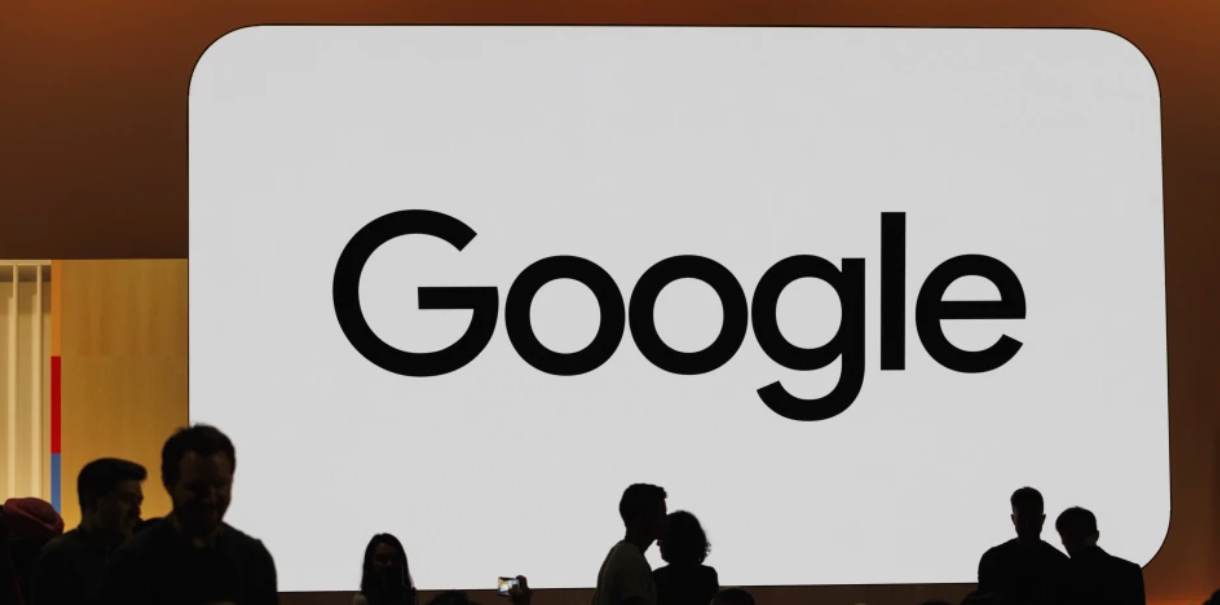Google has decided to scale back some of its diversity hiring goals, joining a growing number of U.S. companies that are dialing back or eliminating their diversity, equity, and inclusion (DEI) initiatives. This decision was shared in an email to employees on Wednesday and follows an executive order from President Donald Trump, which aimed to pressure federal contractors, like Google, to abandon DEI programs.
As a major tech company that provides services to the federal government, including its fast-growing cloud division, Google is directly impacted by the order. Additionally, Alphabet, Google’s parent company, reflected this shift in its annual 10-K filing with the Securities and Exchange Commission. In this report, Google removed a statement it had previously included in past filings, which emphasized the company’s commitment to diversity, equity, and inclusion and the goal of building a workforce that reflects its diverse user base.
Google is the main driver of Alphabet’s annual revenue, contributing the bulk of the company’s $350 billion in total revenue. It also makes up nearly all of Alphabet’s global workforce, which numbers 183,000 employees.
In a statement to The Associated Press, Google emphasized its commitment to fostering a workplace where all employees have the opportunity to succeed and receive equal treatment. The company mentioned that it has been reviewing its programs aimed at achieving this goal over the past year. As a result, Google updated its 10-K filing to reflect these changes. Additionally, as a federal contractor, the company is assessing any necessary adjustments due to recent court rulings and executive orders on the matter.
This shift in language follows just over two weeks after Google CEO Sundar Pichai, along with other major tech executives—such as Tesla’s Elon Musk, Amazon’s Jeff Bezos, Apple’s Tim Cook, and Meta’s Mark Zuckerberg—publicly supported President Trump during his inauguration.
Last month, Meta dropped its DEI program, just before President Trump’s inauguration, while Amazon suspended some of its DEI initiatives in December following Trump’s election.
A number of companies outside the tech sector have also backed away from their DEI efforts. This includes big names like Walt Disney Co., McDonald’s, Ford, Walmart, Target, Lowe’s, and John Deere.
Trump’s recent executive order threatens financial penalties for federal contractors with DEI programs deemed “illegal.” Companies found in violation could face significant damages under the 1863 False Claims Act, which allows for penalties up to three times the government’s damages for false claims.
The order also mandates federal agencies to investigate up to nine organizations, including publicly traded companies, large non-profits, and other entities with DEI policies that could be seen as “illegal discrimination or preference.”
For businesses, the challenge lies in understanding which DEI policies the Trump administration might deem “illegal.” The executive order aims to eliminate “discriminatory and illegal preferences, mandates, policies, programs” within the federal government and to push federal agencies to tackle similar private-sector DEI practices.
Diversity initiatives in both the public and private sectors have included various strategies, such as anti-discrimination training, pay equity studies, and efforts to hire more women and members of minority groups.
Google, based in Mountain View, California, has been working to increase the diversity of its workforce for over a decade. However, the company intensified these efforts in 2020 following the police killing of George Floyd in Minneapolis, which sparked widespread calls for social justice.
In the wake of Floyd’s death, Google CEO Sundar Pichai set a goal to boost the representation of underrepresented groups in the company’s leadership, which had been primarily made up of Asian and white individuals. He aimed for a 30% increase in diversity by 2025. While Google has made some progress toward this goal, the composition of its leadership has not shifted significantly.
According to Google’s annual diversity report, the representation of Black employees in the company’s leadership increased from 2.6% in 2020 to 5.1% last year. For Hispanic employees, the increase was from 3.7% to 4.3%. The percentage of women in leadership roles also grew, rising from 26.7% in 2020 to 32.8% in 2024.
However, these changes are similar to those in Google’s overall workforce. Black employees make up only 5.7% of the total workforce, while Latino employees represent 7.5%. The report also reveals that men account for two-thirds of Google’s global workforce.














